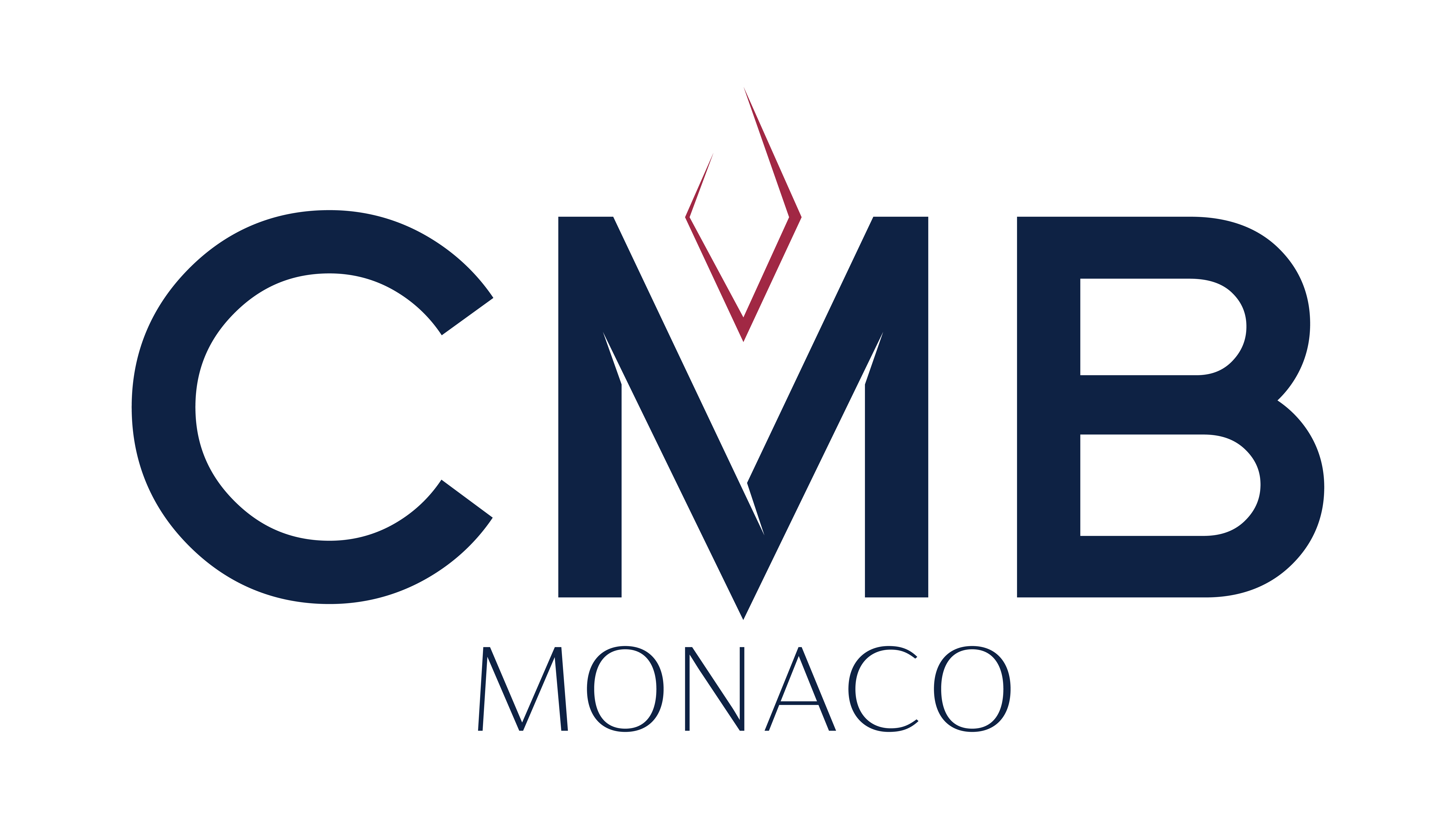Futuris 82/120 (1966)
Mario Schifano
(1934-1998 Khoms, Lybia)
Mario Schifano was an Italian artist, recognized as one of the major figures in post-war Italian contemporary art. He is often associated with the Scuola di Piazza del Popolo, a group of artists formed in Rome in the 1960s that significantly impacted the art scene with its innovative approach.
YOUTH AND EDUCATION
Mario Schifano was born on September 20, 1934, in Khoms, Libya, where his father worked as an archaeologist. The Schifano family returned to Italy after World War II, settling in Rome. From an early age, Mario showed a keen interest in art, influenced by his family's artistic environment and the cultural richness of the city.
In the 1950s, Schifano began his artistic career working as an art restorer. This experience allowed him to develop an in-depth knowledge of traditional artistic techniques. However, his desire to move away from these classical methods pushed him to explore new forms of artistic expression.
EMERGENCE ON THE ART SCENE
In the early 1960s, Schifano became one of the most prominent members of the Scuola di Piazza del Popolo, a collective of Italian artists influenced by pop art and international avant-garde movements. His works from this period are distinguished by their use of bright colors, repetitive patterns, and references to popular culture.
Schifano is often considered the leader of Italian pop art. He stood out for his unique approach, combining elements of pop art with techniques derived from the European painting tradition. His works explore contemporary themes, such as advertising, technology, and mass media, while maintaining a critical sensitivity towards consumer society.
EXPLORATION OF MEDIUMS
In the 1960s, Schifano experimented with unconventional painting techniques, such as the use of industrial enamel and non-traditional supports like kraft paper or light screens. His "Monocromi" (Monochromes), where he covered large canvases with a single color, were particularly noted and marked a break from figuration.
In the 1970s, Schifano expanded his artistic exploration by delving into video art and cinema. He created several experimental films, influenced by avant-garde movements and underground culture. These works reflect his interest in new technologies and his desire to integrate different artistic mediums.
RECOGNITION AND INFLUENCE
Mario Schifano gained international recognition through his exhibitions in prestigious galleries and museums around the world. He participated in major art events, such as the Venice Biennale, where his work was often praised for its originality and visual impact.
LEGACY
Mario Schifano passed away in Rome on January 26, 1998. His work continues to influence subsequent generations of artists, both in Italy and beyond. Considered a visionary, Schifano left an indelible mark on the world of contemporary art, thanks to his ability to capture the spirit of his time while pushing the boundaries of artistic expression.

